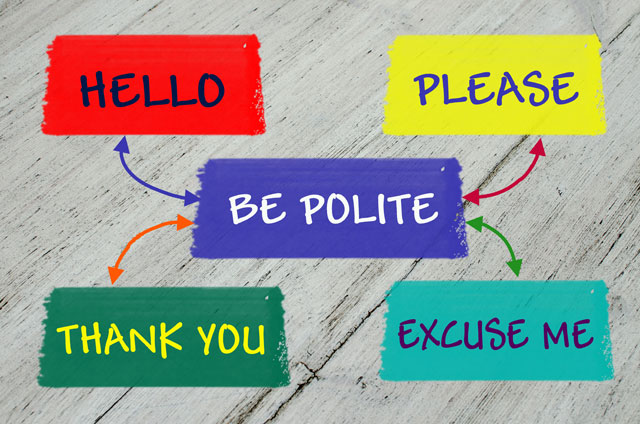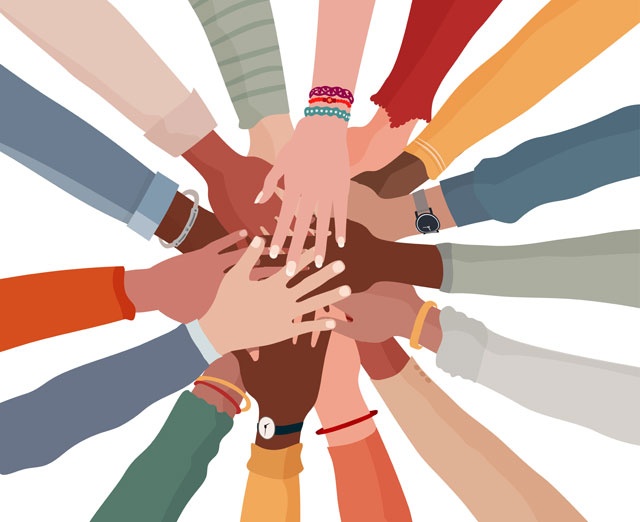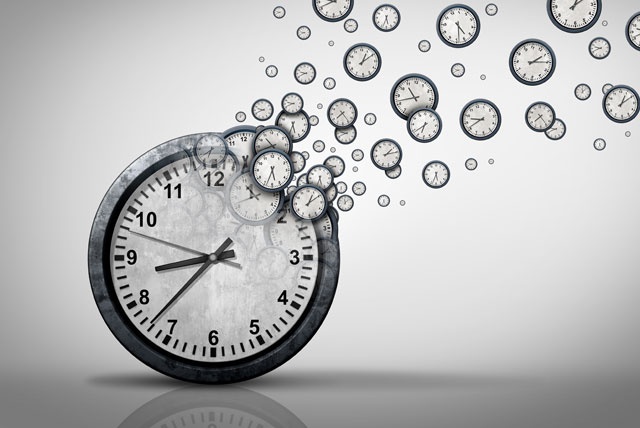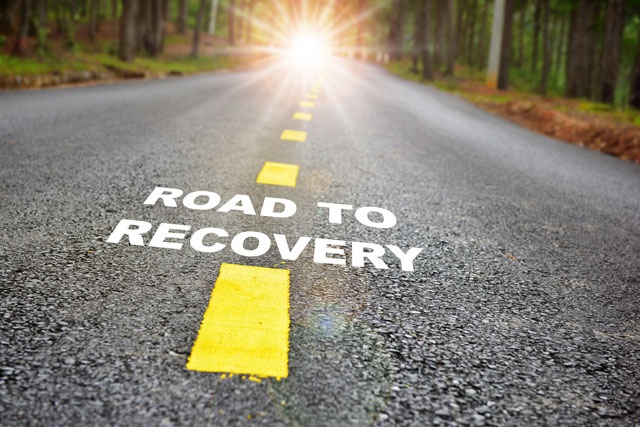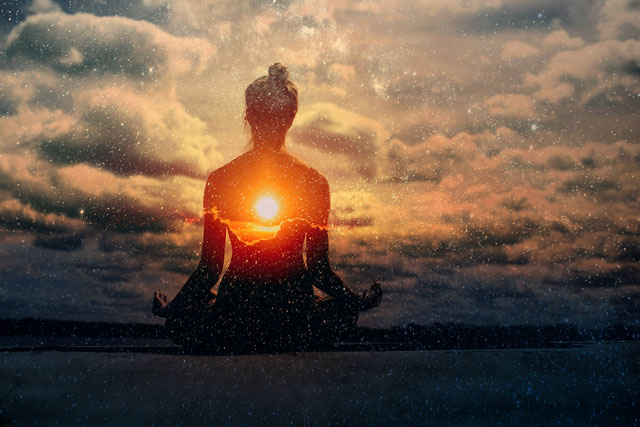Course Syllabus
We're sorry, this course is no longer open for enrollment.
Course Description
If you're interested in pursuing a career in the criminal law field, business law or behavioral sciences, this class provides insights on crime control, criminal mindset, controversies involving the police, due process, prison life, rehabilitation and many other areas. An ideal course for anyone who wants to know how the criminal justice system really operates.
The criminal justice system is a living, breathing organism that exists to help protect people, maintain order, punish wrongdoers, and compensate victims. We call it a living breathing organism because it operates under many of the same principles that an organism does, it has a purpose, it uses the principle of cause and effect, and it has many parts that function independently. Nevertheless, to see the primary purpose come to fruition, it can grow or collapse according to a variety of circumstances, and it can be considered "sick" or "healthy" just to name a few.
It is important to know, however, that the criminal justice system is not something you can easily point to and say, "That is the criminal justice system." It is not only an organism but it is also a concept, like political power. With politics, you can point to the White House or to Capitol Hill and say, "That is where politics happens." although everyone knows that political power stretches out from the White House and Capitol Hill into the very fabric of society, through our democratic process, in all levels of government (federal, state, and municipal).
In the same way, the criminal justice system cannot be pointed to, specifically. Instead, because it is a concept, the best you can do is point to one part of the criminal justice system, the courts, or a lawyer, or a police car, and say that that thing is just a part of a greater thing.
The ultimate purpose of a criminal justice system is to maintain order. To achieve this, different parts of the criminal justice system use different tactics and strategies to help maintain order: The Constitution outlines rights of people, lawmakers create laws, police use patrolling techniques, courts impose punishment, and so on, all to help maintain order.
The concept of maintaining order is just that, a concept. Will we ever get to a place in which we do not need a criminal justice system? Unfortunately, no. It can never be fully achieved in spite of what shows such as Star Trek, might have us believe. We will explore why this is the case later in the course.
To "achieve" this ultimate, and by "achieve" of course, we mean simply to strive to achieve it, the various parts of the criminal justice system work independently, but together to create confines (laws) in which people can act and to proactively and reactively deal with people who step outside of those confines.
Some of the proactive measures include education, socialization, community policing, and the threat of punishment. Some reactive measures include incarceration, capital punishment, fines, restitution, and loss of rights. Neither of these lists are comprehensive, but are simply meant to show you how the criminal justice system goes about trying to achieve its unachievable goal.
Although the unachievable goal of the criminal justice system is to maintain order, that is not the intended result. The intended result of the criminal justice system is to have happy citizens who can live their lives peacefully. In general, this is very achievable, although it will never be fully achievable because the saying is true, "You can't please everyone all the time."
In this course, we will talk about what the criminal justice system is and why we need it. We will explore the key players and how the system works. However, you need to know that every country has its own criminal justice system and we simply cannot cover them all. What we are going to talk about in this course is the American criminal justice system. Even that, though, is a huge topic; there are different parts of criminal justice at the federal, state, and municipal levels, as you can imagine, but also there are parts at the county level, as well as criminal justice that faces into the country and criminal justice that faces out of the country! We could never possibly cover it all in a single course. After all, people dedicate their entire lives to simply scratching the surface of the criminal justice system. So all we are going to be able to do is simply cover a general overview. We will dip our toe into the water, so to speak, to explore most of system and periodically we will dive right into areas where more information is necessary.
Be aware. We are only covering criminal law, here, and not social law or claims courts (for example, where you might sue someone for wronging you, even if the law was not broken).
Also, please understand that this course does not take a stand on the political nature of crime, punishment, and justice. Therefore, it is not a manifesto outlining, "What is wrong with the justice system?" This course is meant to be an unbiased approach to the criminal justice system and will cover both the good and bad aspects with neutrality.
In addition, you will notice that we talk about many movies, television shows, and books. Popular culture can influence, educate, and sometimes misinform us our ideas about our justice system. For example, if the police came to our door, we might demand to see a warrant. Or, many of us can probably recite the Miranda statement ("You have the right to remain silent. Anything you say..." and so on.) If we found ourselves arrested we might claim to have the right to a single phone call, and so on. We can learn some things from these media, so we will talk about them in this course. Next time you read a book or watch a movie, remember what you learned.
- Completely Online
- Self-Paced
- Printable Lessons
- Full HD Video

- 6 Months to Complete
- 24/7 Availability
- Start Anytime
- PC & Mac Compatible
- Android & iOS Friendly
- Accredited CEUs

Assessment Guide
| Assessment | Points |
|---|---|
| Introductions | 1 points |
| Assignment 1: Do we need a criminal system? | 2 points |
| Lesson 1- The Criminal Justice System | 15 points |
| Assignment 2: Does Crime really pay? | 10 points |
| Lesson 2- The Criminal and the Crime | 60 points |
| Assignment 3: Is there an alternative to forcing good behavior? | 2 points |
| Lesson 3- The Police (part 1) | 35 points |
| Assignment 4: Why Do Some Police Break the Law? | 2 points |
| Lesson 4- The Police (part 2) | 20 points |
| Assignment 5: Do you think our justice system is too complex? | 2 points |
| Lesson 5- The Courts (part 1) | 15 points |
| Assignment 6: Retributive or Rehabilitative? | 2 points |
| Final Assignment | 2 points |
| Lesson 6- The Courts (Part 2) | 45 points |
| Final Exam | 155 points |




